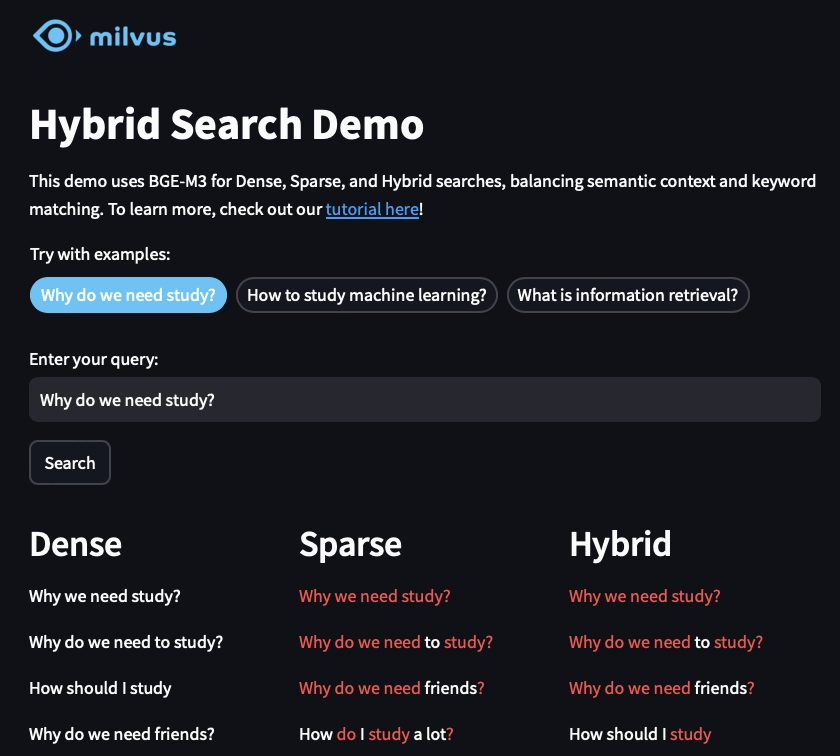Exact matching in search systems refers to returning results that precisely match the query terms, without interpreting intent or adapting to variations. The primary trade-off is between precision and recall. Exact matching ensures high precision by strictly adhering to the query terms, which works well for structured data like product IDs, codes, or specific keywords. For example, searching for a SKU like “ABC-123” in an inventory database will reliably return the exact item. However, this approach misses relevant results that don’t use the exact same terms. A search for “child bike helmet” might fail to return products labeled “kids bicycle helmets” due to differences in phrasing, even though they’re semantically equivalent.
Another trade-off is the inability to handle typos, synonyms, or morphological variations. Exact matching systems require users to input queries perfectly, which isn’t always practical. For instance, a search for “color” won’t match documents using “colour” (British English), and a typo like “helmet” instead of “helmet” would return no results. This rigidity can frustrate users, especially in applications like e-commerce or content discovery, where flexibility is key. Developers must either enforce strict data normalization (e.g., forcing all text to lowercase) or accept that some valid content will be excluded, limiting the system’s usability.
Finally, exact matching struggles with context and semantic understanding. It treats queries as literal strings, ignoring relationships between terms. For example, a search for “Python” might return programming language resources but miss articles mentioning “Django” or “Flask,” even if they’re relevant. This forces developers to manually expand queries with synonyms or use hybrid approaches (combining exact matches with broader techniques). While exact matching is efficient and predictable, its lack of adaptability makes it unsuitable for applications requiring nuanced understanding. It’s best reserved for scenarios where precision is non-negotiable, like legal document retrieval, rather than general-purpose search.
